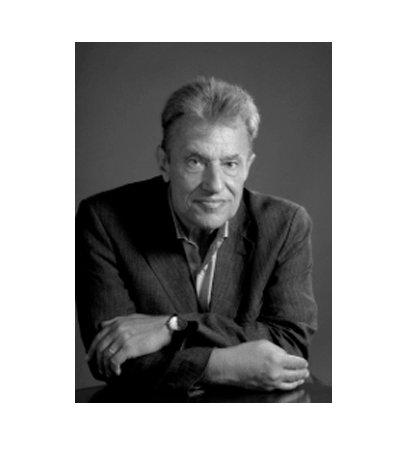- Apr 28, 2020
- 00:06:04
History of Science ON CALL: Michael Lackner
- Michael Lackner
- Cooperation & Communication
- History of Science ON CALL: Listening, Attending, Acting
 Historiker Prof. Dr. Michael Lackner zu Gast bei History of Science ON CALL, mit folgenden Fragen:
Historiker Prof. Dr. Michael Lackner zu Gast bei History of Science ON CALL, mit folgenden Fragen:
- Sie beschäftigen sich in Ihrer Forschung unter anderem mit Wahr- und Weissagung im traditionellen China. Welche Methoden existieren im Umgang mit Katastrophen?
Profil: Michael Lackner
Prof. Dr. Michael Lackner studierte Sinologie, Ethnologie, Politikwissenschaften und Philosophie in Heidelberg, München und Taipeh. 1983 wurde er an der Ludwig-Maximilians-Universität München promoviert, 1990 erfolgte, ebenfalls dort, seine Habilitierung in Sinologie. Seit dem Jahr 2000 ist er Lehrstuhlinhaber der Sinologie an der Friedrich-Alexander Universität Erlangen-Nürnberg (FAU). Er ist außerdem Direktor des Internationalen Kollegs für geisteswissenschaftliche Forschung "Schicksal, Freiheit und Prognose". In seinen Forschungsarbeiten beschäftigt sich Lackner mit der Geistesgeschichte Chinas, insbesondere mit dem Konfuzianismus. Weitere Schwerpunkte sind Wahr- und Wiessagung im traditionellen China, die chinesische Wissenschaftsgeschichte und Identitätsdiskurse.
Über das Projekt History of Science ON CALL
History of Science ON CALL sammelt und verdichtet zwei Informationsströme—Forschung and Bildung—die für Krisen, einschließlich langwieriger disasters, relevant sind. Der Bereich Forschung besteht aus kurzformatigen Videointerviews, während der Bereich Bildung vorhandene Ressourcen und Materialien - wissenschaftliche Lehre und Unterrichtsmaterialien - sammelt und präsentiert, um ihre Reichweite zu vergrößern.
